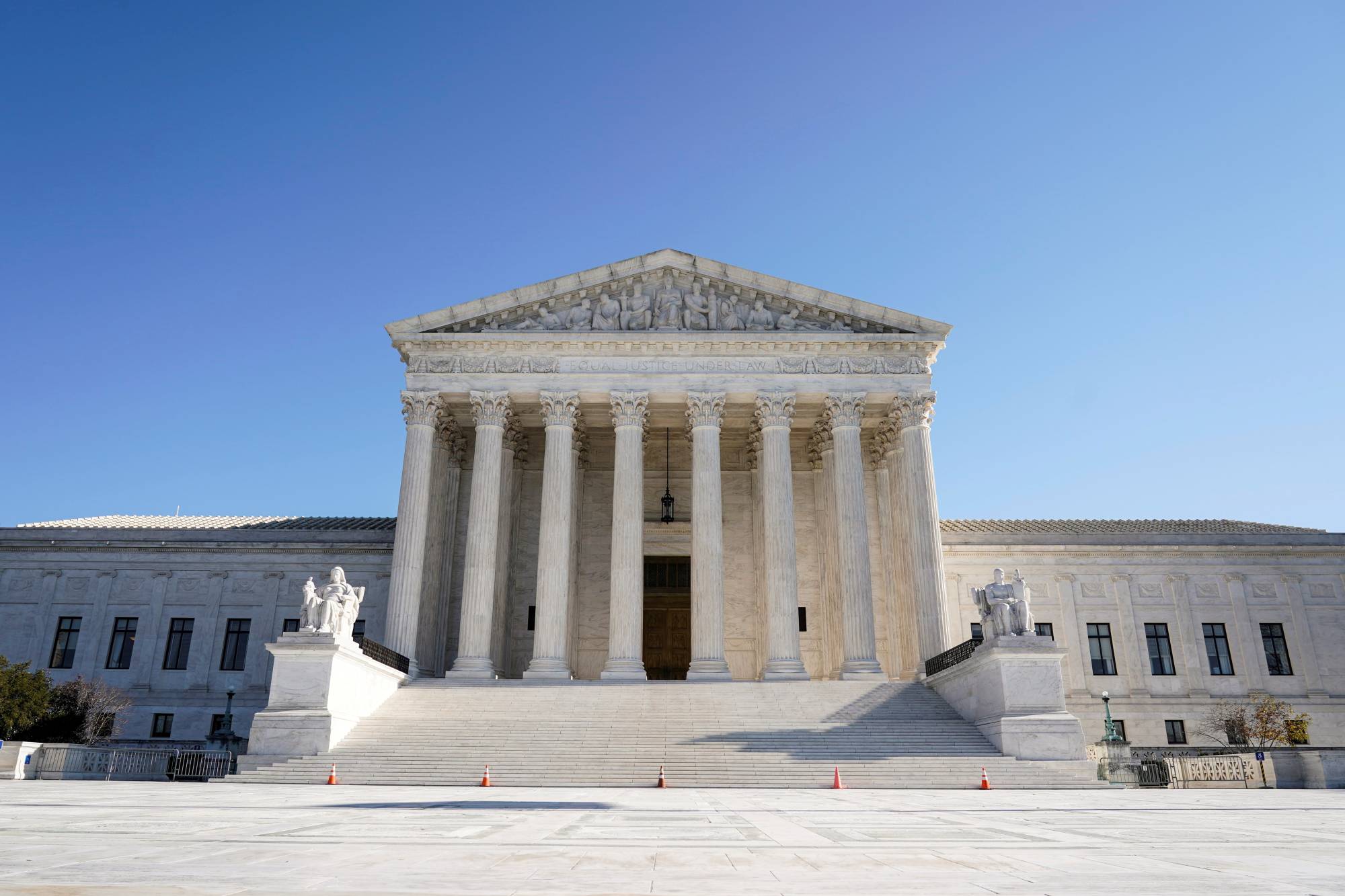In the notorious case of Dred Scott v. Sandford in 1857, U.S. Supreme Court Chief Justice Roger Taney ruled that African-Americans were not and could not be citizens of the United States, and that the 1820 Missouri Compromise — which had created an (admittedly uneasy) equilibrium between slave and free states — was unconstitutional. Many consider the ruling the spark that ignited the American Civil War. The U.S. Supreme Court seems not to have learned from its mistakes.
The court’s power to upend politics was not always obvious. In 1832, when U.S. Chief Justice John Marshall ruled that legislation enacted by Georgia to allow the seizure of Cherokee lands violated federal treaties, President Andrew Jackson reportedly spat, “John Marshall has made his decision; now let him enforce it.” In fact, Jackson may not have said it, but he and the state of Georgia did proceed to ignore the ruling.
And yet, globally, judges have probably done as much as any band of revolutionaries to disrupt political systems — in the process often undermining, rather than advancing, the cause of justice. The 1894 conviction of Captain Alfred Dreyfus on concocted espionage charges divided France for a generation, fatally weakening the country in the run-up to World War I (in which Dreyfus, having finally been exonerated, ultimately fought).


















With your current subscription plan you can comment on stories. However, before writing your first comment, please create a display name in the Profile section of your subscriber account page.